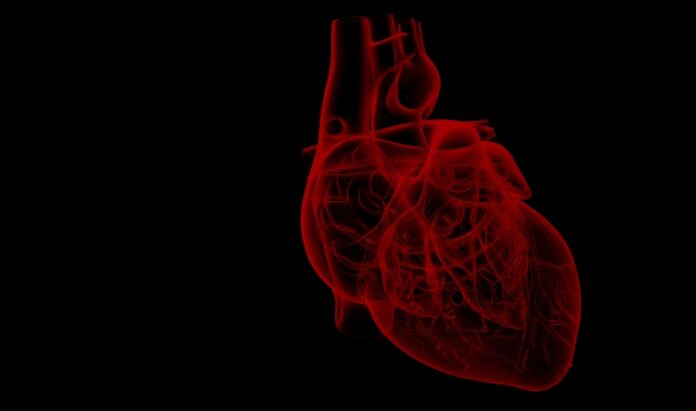
The Virginia Tech Carilion Research Institute, well known for its innovative, world-class brain research, is launching a major new initiative in cardiovascular research.
Michael Friedlander, the institute’s executive director, recently announced that two new researchers, John Chappell and James Smyth, will join the institute’s Center for Heart and Regenerative Medicine Research on July 1. Along with the center’s director, Robert Gourdie, and a current research group leader, Steven Poelzing, the scientists will spearhead individual, yet linked, cardiovascular research projects.
“Heart disease is the nation’s number one killer,” Friedlander said. “With the assembly of four leading cardiovascular research groups, each under the direction of an outstanding leader and each working on some of the most pressing issues in cardiac health, disease, and repair, we are poised to add to the institute’s successes in brain and behavioral research with new advances in heart health.”
Each of the four cardiovascular research team leaders brings additional researchers, technicians, and students with them, and they will further expand their teams. Together, the teams already have more than $1.25 million per year in awarded extramural research funding and another $1.8 million a year in pending grants, primarily from the National Institutes of Health.
This funding is in addition to the more than $5 million the institute has provided to start the research programs and equip the laboratories with state-of-the-art high-resolution optical imaging, molecular biology, cell purification, and cardiac electrical monitoring technologies.
“The four team leaders, along with their postdoctoral fellows and graduate students, will use some of the most advanced approaches to understanding heart development, function, damage, and repair,” Friedlander said. “They’ll also be embedded in the institute’s rich interactive culture of technical innovation and intellectual creativity. The result will be an accelerated pace of discovery for better heart health not only in Roanoke, but also throughout the commonwealth and the country.”
With funding from the National Institutes of Health, Gourdie leads research into the repair and regeneration of diseased and injured tissues, including the heart. In addition, he has helped develop a company that is innovating in new treatments in patients for tissue injury and repair.
Poelzing’s research program, also funded by the National Institutes of Health, investigates the mechanisms of arrhythmias – abnormal patterns of electrical activity in the heart – that can cause loss of coordinated blood pumping capability and even lead to sudden cardiac death. In addition to his role at the institute, Poelzing is an associate professor at the Virginia Tech-Wake Forest University School of Biomedical Engineering and Sciences.
Chappell’s research program, also funded by the National Institutes of Health, focuses on angiogenesis – the growth and regrowth of new blood vessels – in the injured heart, restoring circulation after blockage, and damage to the heart muscle. His research is also funded by the National Institutes of Health.
Smyth, an assistant professor at the research institute, is moving to Virginia Tech from Cedars Sinai Medical Center in Los Angeles. Prior to that, he received his doctorate from University College Dublin in his home country of Ireland, followed by postdoctoral training at the University of California, San Francisco.
Each of the four cardiac research team leaders has already received major national and international recognition, including awards from the American Heart Association, the Heart Rhythm Society, the British Heart Foundation, and the Ellison Medical Foundation.
“We are extremely fortunate to have been able to attract heart researchers of the caliber of Drs. Gourdie, Poelzing, Chappell, and Smyth to the research institute and to Roanoke,” said Friedlander. “Their international recognition brings immediate credibility to our cardiovascular research programs.”
-Paula Brewer Byron

